In the rapidly evolving tech landscape, Artificial Intelligence (AI) continues to be a driving force of innovation, especially as we look ahead to 2024. Its applications span across various sectors, revolutionizing the way we interact with technology. Among its many uses, photography stands out as a field where AI’s impact is particularly transformative, heralding a new era of creativity and efficiency.
Contents
- The Pivotal Role of AI in Modern Photography
- Revolutionizing Image Editing and Enhancement
- Automating Tedious Tasks
- Facial Recognition and Autofocusing
- Scene Optimization
- Smart Composition and Framing
- Noise Reduction and Image Enhancement
- Artistic Filters and Styles
- Automated Editing Workflows
- Beyond Still Images: Video Enhancement
- Personalization and Creative Expression
- AI’s Expanding Horizons Beyond Photography
- Conclusion
The Pivotal Role of AI in Modern Photography
Photography, once the realm of manual settings and darkroom processing, is undergoing a digital renaissance, thanks to AI. The integration of AI in photography not only streamlines the editing process but also enhances the quality of the final images, making professional photography more accessible to amateurs and experts alike.
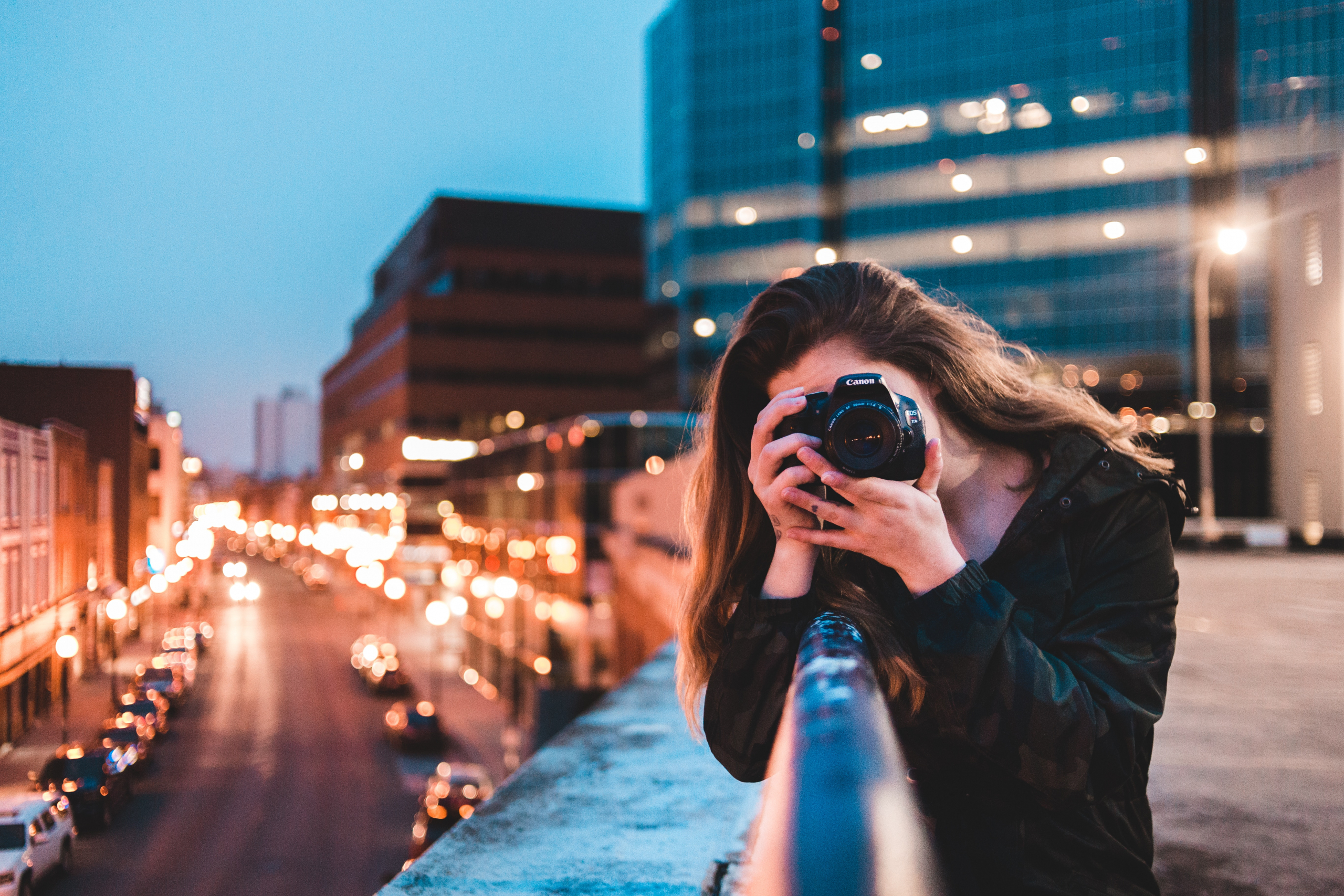
Source: splento.com
Revolutionizing Image Editing and Enhancement
AI-driven tools have democratized high-level photo editing, enabling users to perform complex edits with simple commands. From adjusting lighting and colors to removing objects or even generating realistic images from sketches, AI applications make these tasks quicker and more intuitive.
Automating Tedious Tasks
One of the most time-consuming aspects of photography is sorting and editing thousands of images. AI algorithms excel in automating these tasks, identifying the best shots based on composition, focus, and exposure, thereby saving countless hours of manual labor.
Facial Recognition and Autofocusing
Remember unlocking your smartphone with facial recognition? Well, cameras have caught up too. Many digital cameras now employ facial recognition to identify and prioritize faces in real-time. Autofocusing no longer requires direct focus on a subject’s face; the camera intelligently adjusts to capture the most important elements of the scene.
Scene Optimization
AI analyzes scenes, adjusting exposure, color balance, and sharpness. Imagine a camera that automatically tweaks settings based on the environment—whether it’s a sunset landscape or a bustling city street. AI ensures that your photos look their best, even in challenging conditions.
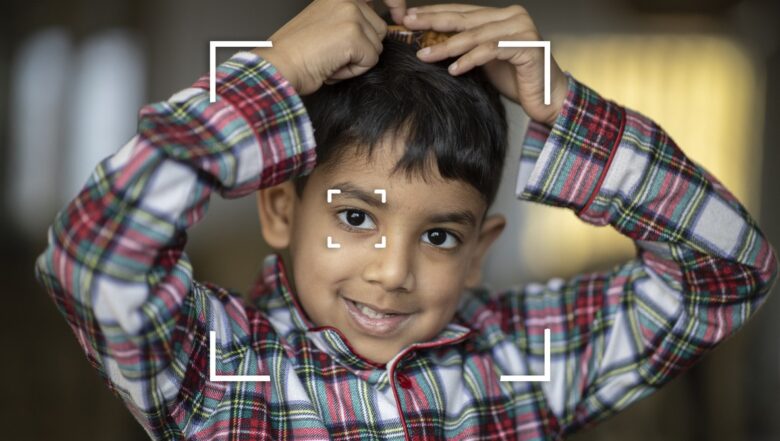
Source: fstoppers.com
Smart Composition and Framing
While AI hasn’t cracked the code for perfect framing, it assists photographers by suggesting optimal compositions. Imagine an AI assistant whispering, “Move slightly to the left for a more balanced shot.” It’s like having a virtual mentor guiding your creative decisions.
Noise Reduction and Image Enhancement
Low-light photography often results in noisy images. AI algorithms tackle this by reducing noise while preserving details. Additionally, they enhance textures, making your photos crisper and more visually appealing. The days of grainy night shots may soon be behind us.
Artistic Filters and Styles
AI can transform mundane snapshots into artistic masterpieces. Want your photo to resemble a Van Gogh painting? There’s an AI filter for that. From vintage film looks to abstract watercolors, AI lets you experiment with diverse styles without manual effort.
Automated Editing Workflows
Editing photos can be time-consuming. AI streamlines the process by suggesting adjustments, cropping, and even removing unwanted elements. It’s like having a digital darkroom assistant that learns your preferences and speeds up your workflow.
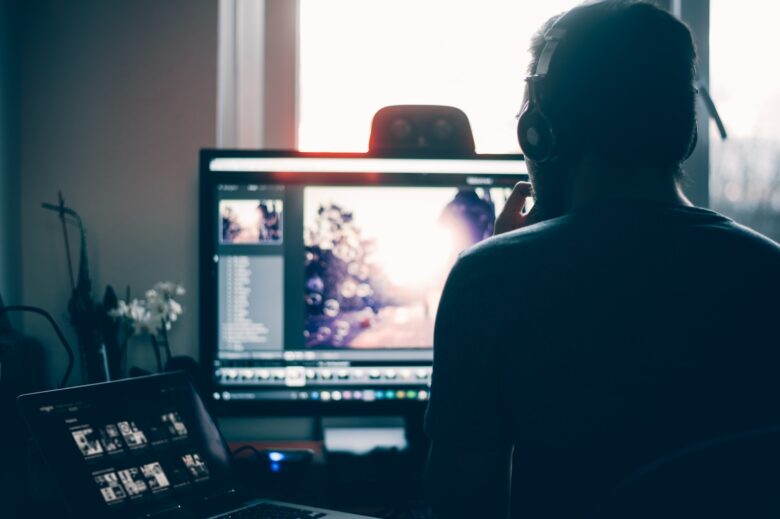
Source: viewbug.com
Beyond Still Images: Video Enhancement
AI isn’t limited to photos. It’s revolutionizing video too. From stabilizing shaky footage to upscaling resolution, AI algorithms enhance video quality. Soon, your home videos might rival Hollywood productions, thanks to AI-powered post-processing.
As AI becomes more integral to photography, ethical questions arise. Who owns the copyright when an AI algorithm enhances an image? How do we ensure transparency in AI-generated content? These discussions are essential as we navigate this brave new world of pixels and algorithms.
The journey has just begun. AI will continue to evolve, pushing the boundaries of what’s possible. Whether you’re a professional photographer or an enthusiastic hobbyist, embrace AI—it’s your creative ally in this ever-changing visual landscape.
In this pixelated dance between human vision and artificial intelligence, the next iconic photograph might emerge from the synergy of both. So, point your lens toward the future, where pixels meet possibility.
Personalization and Creative Expression
Photography AI is not just about efficiency; it’s also opening new avenues for creative expression. By learning from vast datasets of images, AI can suggest personalized edits, mimic the styles of famous photographers, or even create composite images that push the boundaries of traditional photography.
AI’s Expanding Horizons Beyond Photography
While photography is a vivid example, AI’s influence extends far beyond, reshaping industries and daily life in 2024.
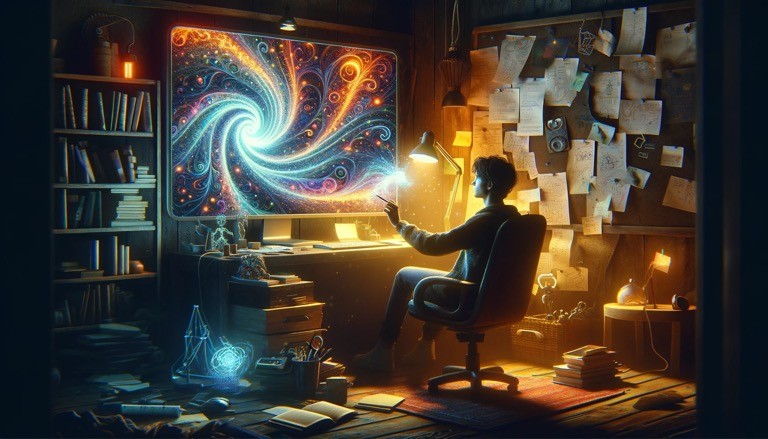
Source: linkedin.com
Transforming Healthcare with Precision and Care
AI’s ability to analyze complex medical data has made it an invaluable ally in healthcare. From diagnosing diseases with greater accuracy to personalizing treatment plans, AI is at the forefront of medical innovation, offering hope for more effective and accessible healthcare solutions.
Enhancing Education through Customized Learning Experiences
In the realm of education, AI is revolutionizing the learning experience by providing personalized learning paths based on individual student’s strengths and weaknesses. This tailored approach helps in bridging learning gaps and fostering a more inclusive educational environment.
Streamlining Business Operations
Businesses across various sectors are leveraging AI to optimize operations, from automating customer service through chatbots to enhancing decision-making with predictive analytics. This not only improves efficiency but also enables companies to deliver superior customer experiences.
Shaping the Future of Entertainment
The entertainment industry is witnessing a paradigm shift with AI-generated content, from music and art to video games and movies. This technology is enabling creators to explore new forms of storytelling and immersive experiences, captivating audiences in unprecedented ways.
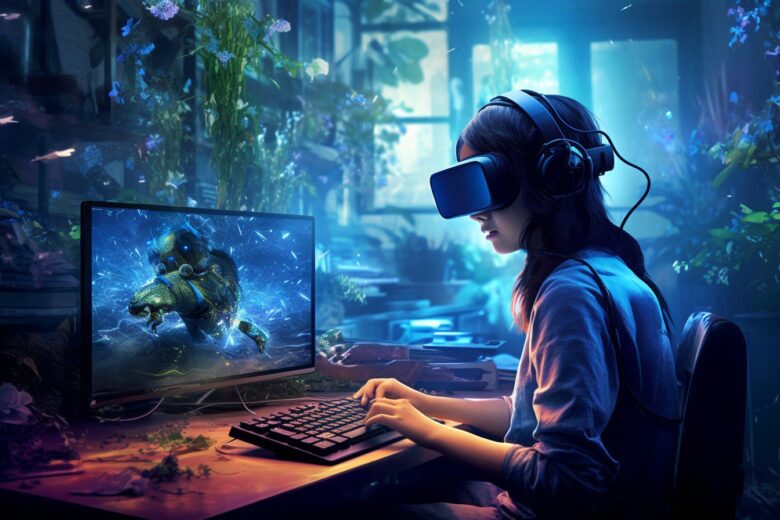
Source: metaengine.gg
Conclusion
As we move towards 2024, the potential applications of Artificial Intelligence are boundless, with photography being just the tip of the iceberg. AI’s capacity to enhance creativity, streamline operations, and provide personalized experiences is setting the stage for a future where technology and human ingenuity converge to create a world of endless possibilities. In embracing AI, we are not just adopting new tools but reshaping the fabric of society itself, paving the way for innovations that were once the realm of science fiction.
